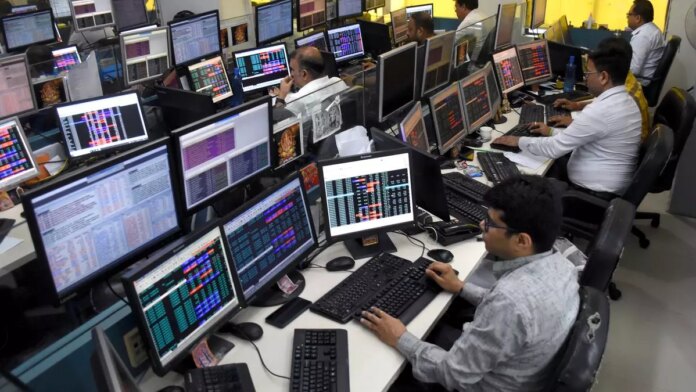Over 70 per cent of intraday traders in the equity cash segment have incurred losses in FY23, according to a study by SEBI. The number of individuals participating in such trades rose by 300 per cent in the four years ending FY23.
Early last year the regulator had released findings indicating that 90 per cent of individual traders lost money in equity F&O.
The latest study covers three financial years – FY19, FY22 and FY23 – with an aim of analyzing trends before and after the pandemic and is based on a sample from top 10 stock brokers.
“Higher intraday trades are the result of leverage and overconfidence in one’s ability to generate regular income by predicting daily price movements,” said Chokkalingam G, Founder of Equinomics Research.
“Wherever there is leverage that is time bound, the probability of losing money increases, especially in times of volatility. Even if one out of 10 trades goes bad, the entire capital can be wiped out,” added Kranthi Bathini, Director of Equity Strategy, at WealthMills Securities.
Other key findings
One in three individuals who trade in the equity cash segment engages in intraday. The average number of trades by loss-makers was higher than the profit-makers. The proportion of loss-makers rose to 80 percent for traders with frequent trading activity (more than 500 trades in a year).
The share of young intraday traders under 30 years has grown to 48 per cent in FY23, up from 18 per cent in FY19. The percentage of loss-makers among this group of younger traders was higher (76 per cent in FY23) compared to other age groups.
The proportion of profit-makers was highest in Tier-I cities, followed by Tier-II and Tier-III cities. Profit-makers among female traders was higher than their male counterparts across all three years. ‘Married’ traders had a higher proportion of profit-makers compared to the single traders group.
Loss makers expended an additional 57 per cent of their trading losses as trading costs in FY23. Profit makers spent 19 per cent of their trading profits as trading costs in FY23.
“We’ve noticed that many traders, particularly younger ones, lack a nuanced understanding of market dynamics. This is why we are intensifying our efforts to provide comprehensive education and personalized strategies to help our clients trade more intelligently and sustainably,” said a senior broking official.
Chokkalingam believes that aggressive tax benefits could be provided for investments through mutual funds compared to direct equity. Higher taxes on profits made on intra trades could also be looked at, he said.
